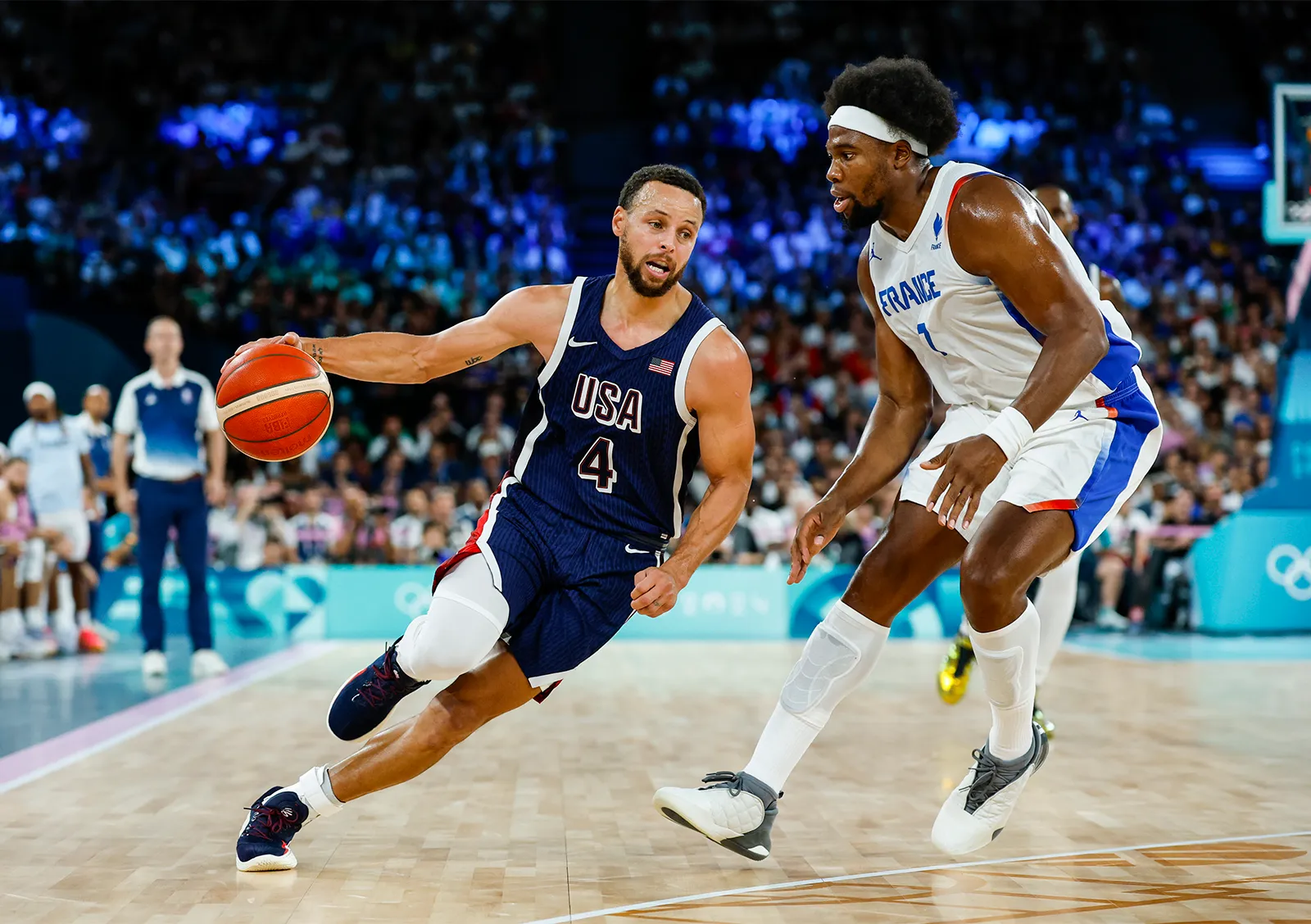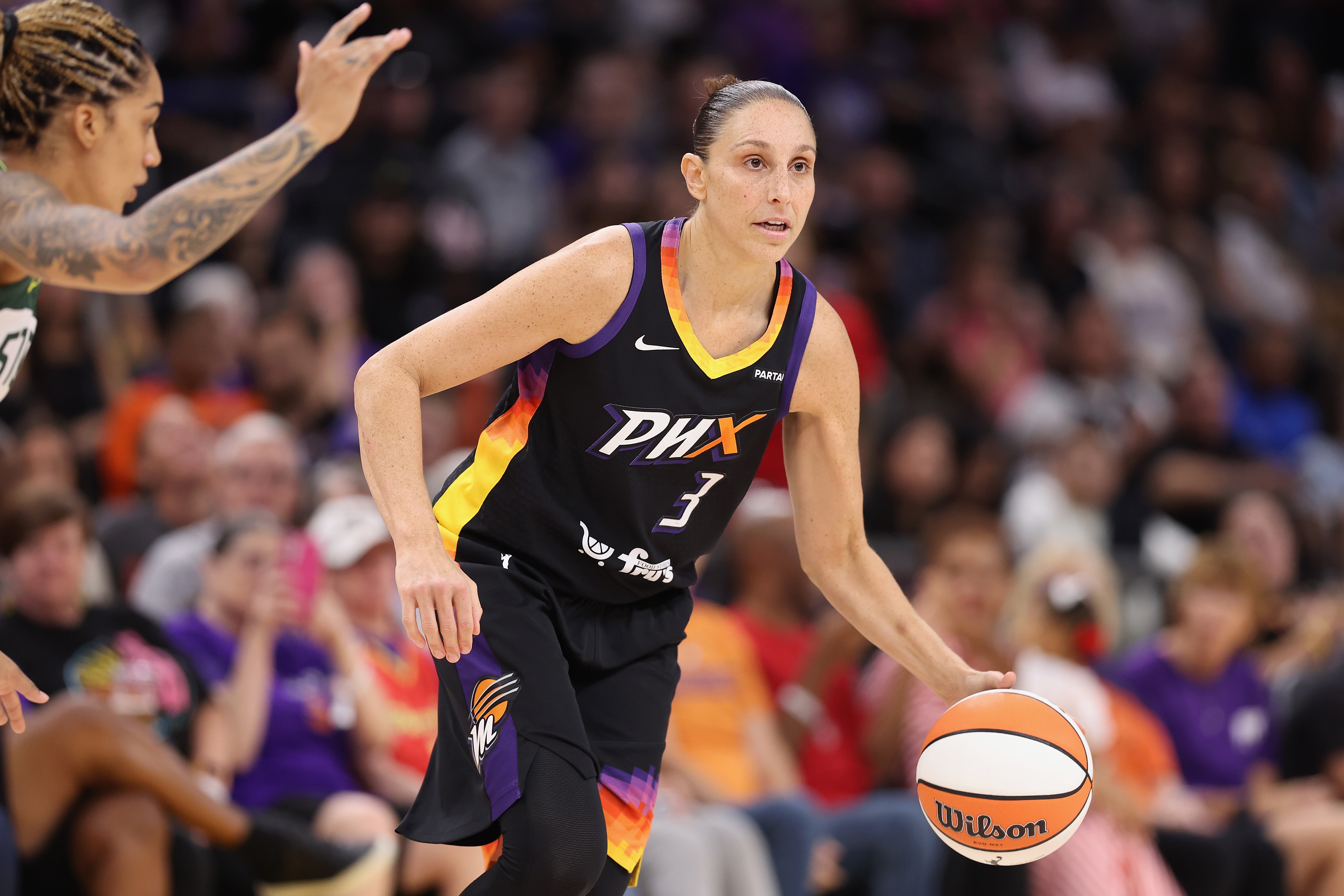How to Analyze Your Game Performance as a Basketball Player
.jpg)
In basketball, success relies on more than just natural talent and athleticism. It is essential to analyze your game on a constant basis in order to improve. Whether you're an experienced player or a beginner, developing your game involves ongoing self-assessment and growth. This guide offers strategies to evaluate your performance and make plans for improvement, giving you the tools to excel on the court.
Self-Reflection Techniques
Reflecting on your performance is a powerful way to analyze your game. Here are some practical techniques to help you step up your game:
- Video analysis: Record your games and workout sessions to review later. Watching yourself play gives you a clear view of your movements, decisions, footwork, and shooting form. Look for patterns, like recurring mistakes or successful strategies, and note areas for adjustment. Video analysis helps you see things you might miss in the heat of the moment, pinpointing specific areas to focus on in training. For example if you notice that you struggle to dribble with your off hand based on the game/workout film, then you know that it's something you need to hone in on improving going forward. If you notice yourself losing steam and getting tired frequently, then boom - you have another thing to work on more closely.
- Journaling: After each game or practice, jot down your thoughts and observations. Reflect on what worked, what didn't, and what lessons you can learn. Writing things down can clarify your thoughts and emotions, deepening your understanding of your performance and mindset. It also creates a record of your progress over time, helping you spot trends in your gameplay. This is something that we implement heavily in our training program at Ness Basketball.
- Post-game assessments: Take time after each game to evaluate your performance objectively, either alone or with your coach. Consider aspects like shooting accuracy, defensive effort, decision-making, and teamwork. Acknowledge what you did well and where you struggled, and brainstorm ways to improve. Discussing your performance with others can offer valuable perspectives and insights.
By incorporating these reflection techniques into your routine, you can take proactive steps toward improvement. Self-reflection isn't just about recognizing weaknesses; it's also about identifying strengths and building on them to reach your full potential as a basketball player.
Setting Performance Goals
Setting goals to improve your basketball skills is super important. You can make sure your goals are on point by using the SMART criteria: specific, measurable, attainable, relevant, and time-bound. Let's break it down.
First off, be specific about what you want to achieve. Whether it's boosting your shooting accuracy or snagging more defensive rebounds, knowing exactly what you're aiming for is key.
Next, make sure your goals are measurable. This means you can track your progress and see how you're doing. For example, if you want to increase your shooting percentage by five points in a month, that's something you can easily keep tabs on.
Now, make sure your goals are attainable and realistic. Don't set the bar too high or too low. You want to challenge yourself enough to improve but not so much that you get frustrated. Also, make sure your goals are relevant to your overall growth as a basketball player and match up with your long-term goals.
Lastly, set a timeframe for your goals. Giving yourself a deadline creates a sense of urgency and keeps you accountable.
By setting SMART goals, you can focus your efforts, see how you're progressing, and boost your game on the court.
Learning From Mistakes
Learning from mistakes and setbacks is fundamental for getting better at basketball. Instead of feeling bad about mistakes, think of them as chances to learn and grow. Every missed shot, turnover, or defensive lapse is an opportunity to figure out what went wrong and how to do better next time.
Embracing a growth mindset turns failures into steps toward improvement, leading to smarter decisions and better performance through reflection on mistakes.
Setbacks, like losing a game or struggling in a particular skill, can give you useful feedback. Use it to help you figure out what to focus on in practice and training.
Realizing that there is much to learn from mistakes builds up qualities like resilience and adaptability, which are essential not just in basketball, but in life too.
Seeking Feedback
Getting feedback from coaches, teammates, and mentors is crucial for advancing your basketball game. Each of these people brings different perspectives that can help you understand what you're good at and where you can get better. Coaches have tons of experience and knowledge. They can give you advice on technique, strategy, and personalized tips to help you reach your goals. They watch you during practices and games, so they can pinpoint specific areas you need to work on, like defense or decision-making - USE THEM AS A RESOURCE!
Your teammates see things from a different angle since they're right there on the court with you. They can tell you about your communication, your skillset, and how you're affecting the team. By listening to their feedback, you can learn how to work better together and make the team stronger. Mentors, like former players, trainers, and coaches have been through it all before. They can share their wisdom, give you encouragement, and offer constructive criticism based on their own experiences. Their advice can help you grow not only as a player but also as a person.
Overall, asking for feedback from coaches, teammates, and mentors creates a culture of learning and growth. It's all about working together to get better and succeed on the basketball court.
Creating an Action Plan
Making an action plan is a smart way to turn self-analysis into real progress on the basketball court. Once you've figured out what you need to work on, it's time to lay out a plan to tackle those areas step by step.
Start by setting specific goals that you know you can reach. Clear goals give you a roadmap for your improvement journey. Then, break down each goal into smaller tasks that you can handle. For example, if you want to shoot better, your plan might include practicing shooting drills every day, focusing on specific techniques, or getting feedback from your coach or teammates.
Set a timeline for completing these tasks so you stay on track and can see how you're progressing. And don't forget to review and adjust your plan regularly based on how things are going and what new goals you might have. By creating your own action plan and sticking to it with dedication, you can really target the areas you need to improve and make big strides toward becoming the best basketball player you can be.
Conclusion
In short, mastering performance analysis in basketball is a journey of growth and continuous improvement. By using strategies like understanding metrics, reflecting, setting goals, learning from mistakes, seeking feedback, and making action plans, you will unlock your potential on the court. This self-assessment fosters skills that enhance both athletic abilities and personal qualities like determination and leadership.
Contact Ness Basketball for focused training to help you reach new heights in your game play - also make sure to check out our 8 weeks of summer camp that we are running this year!
Sign up today for a free practice session
If your child is ready to improve their game, let's get to work.
Sign up


